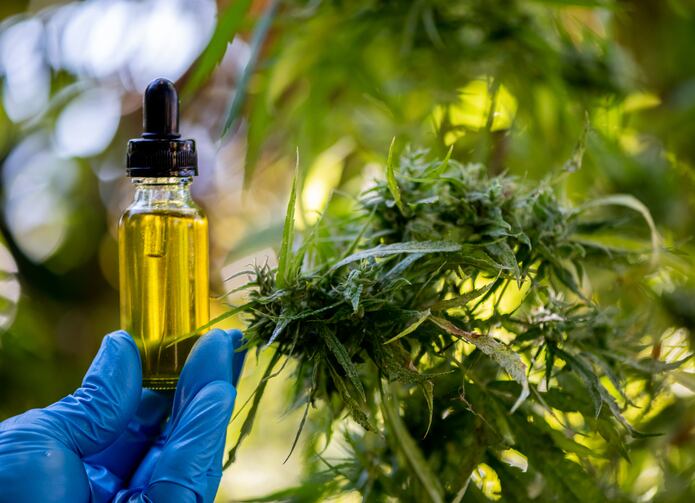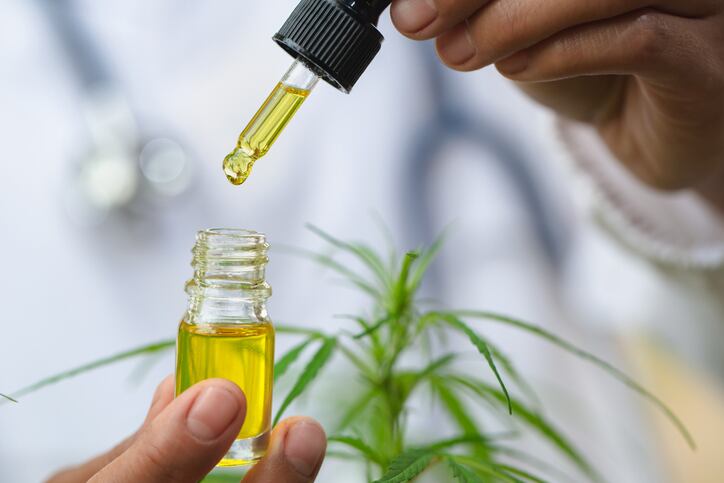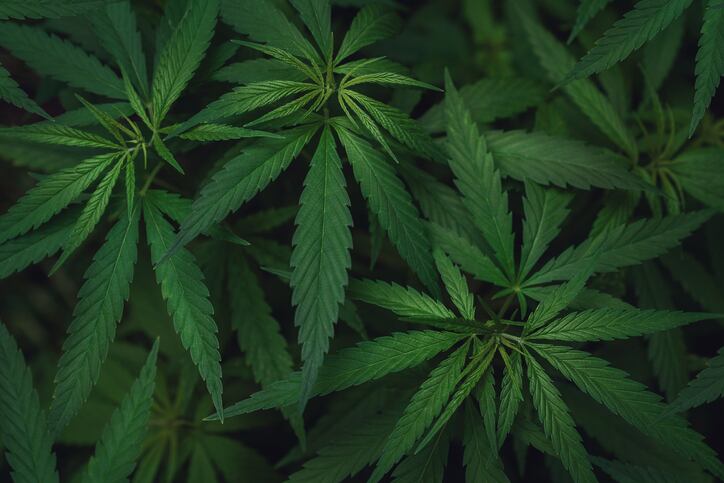Jonathan Miller, an attorney in the firm Frost Brown Todd and the chief legal officer of the US Hemp Roundtable, said his organization is preparing a detailed position statement on the situation to be released tomorrow. But as a snap reaction, he said the import of the rejections is clear.
Clear message: Legislation only way to break logjam
“This makes it absolutely crystal clear how important it is that we pass legislation in Congress to find a legal pathway for CBD,” Miller told NutraIngredients-USA.
Steve Mister, president and CEO of the Council for Responsible Nutrition, concurred. CRN had filed a Citizen’s Position with FDA last year providing what the organization believed to be a reasonable roadmap for a way forward for CBD in supplements. Mister said he’s disappointed that the NDI rejections show the Agency has hardly budged on the issue in the intervening year.
“This situation is very disturbing to us and provides more than ever a clear indication that Congress is going to have to step in and solve this problem,” he said.
“FDA has had ample opportunities to find a way forward on this issue and they continue to reject the opportunities handed to them,” Mister added.
Federal law provides that New Dietary Ingredients that were not on the market prior to Oct. 15, 1994 must file a notification with FDA demonstrating that the ingredient is ‘reasonably expected to be safe.’ Experts note that this was meant to be a different and somewhat lesser standard of proof than that required for food additives. Unlike substances added to foods, which would be consumed frequently as part of the diet, supplements are consumed in far lesser quantities and less often, hence the reasoning for the differing safety standards.
The two CBD NDINs were filed by Charlotte’s Web of Boulder, CO and Irwin Naturals of Los Angeles. In both cases the ingredients were described as full spectrum hemp extracts.
The Agency gave the prior use of CBD as a drug and insufficient safety information as reasons for rejecting the filings.
CRN: Agency conflates high dose isolates with less concentrated full spectrum ingredients
For several years FDA has hewed to the position that CBD is not a legal dietary ingredient because of its prior investigation as a drug in the form of Epidolex, which was approved in 2018 as an anti seizure medication for the treatment of two forms of intractable childhood epilepsy.
In the intervening years many companies in the industry have gravitated toward developing full spectrum hemp products. This apparently has been done both for efficacy reasons as well as to make the products as different from Epidiolex as possible.
Mister said that is one aspect of the rejection letters that was the most disappointing. Despite the ingredients being full spectrum extracts and being specified at much lower dosages under the conditions of use laid out in the NDINs, the Agency chose to view them as one and the same with Epidiolex.
“Going back to our citizen’s petition of a year ago we gave FDA a very clear blueprint about how it could allow full spectrum hemp products. In the letter we find they are being treated as the same article. And this is with a difference in dosage of 10 fold and the fact that they are being marketed for very different conditions,” Mister said.
Statements on safety echo 2011 standard
Mister also raised a red flag about FDA’s statements about safety in the rejection letters, which he said applies to all ingredients seeking NDI status, not just hemp extracts. He said FDA claims publicly that it is aware of the ‘reasonably expected to be safe’ standard, but that’s hard to tell from how these rejection letters are worded. Mister said CRN is concerned that they may set a precedent for all NDINs going forward.
“It looks like we are right back where we were in 2011,” Mister said. That was the year the first iteration of the Draft Guidance on New Dietary Ingredients was made public.
“It seems FDA is requiring a ‘reasonable certainty of no harm.’ It sure seems like they are heading back to that food additive standard,” he said.
Rend Al-Mondhiry, an attorney in the firm Amin Talati Wasserman, added her firm’s voice to the chorus calling for Congress to act.
“FDA’s rejection of two new dietary ingredient notifications (NDINs) for full spectrum hemp extracts underscores the need for reasonable regulation of CBD-containing dietary ingredients. As evidenced by the objection letters, FDA appears to be imposing a higher than necessary safety burden on dietary supplement firms seeking to legally market full spectrum extracts, while also narrowly interpreting the IND preclusion to include these extracts. Today’s announcement also illustrates why Congress should act quickly to ensure a legal pathway for CBD and other hemp derivatives,” she said.
Both Charlotte’s Web and Irwin Naturals were contacted for comment but neither was able to respond before publication of this article.



